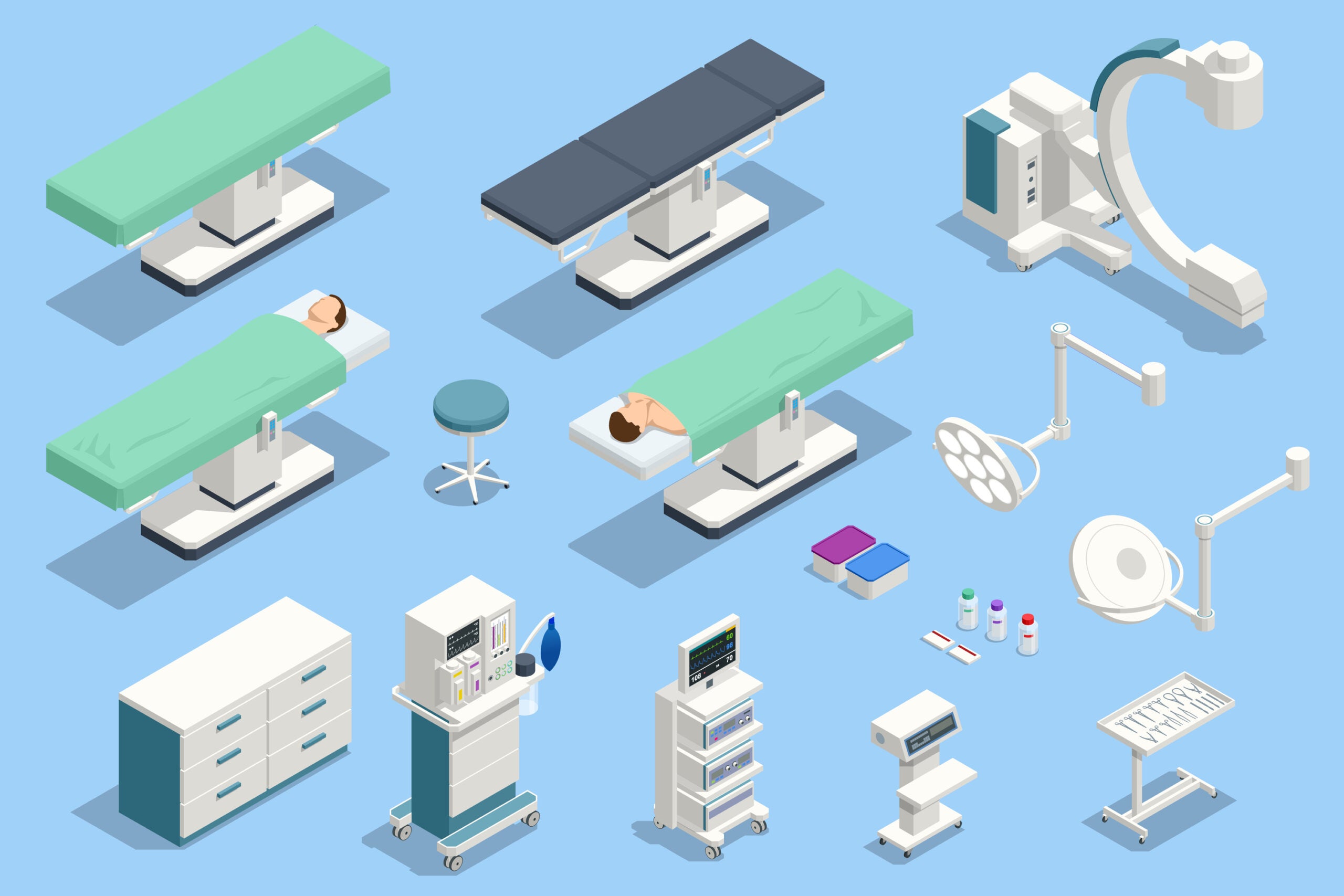Editor's Note Transparent communication, humility, and swift action are essential for effective service recovery in perioperative services, said Leiran Cornish, MBA-HM, BSN, RN, director of nursing, Dartmouth Health Outpatient Surgery Center, and Patrel Nobles, MSN, RN, NE-BC, CNOR, system senior director, surgical services, Valley Health. Their session explored how nurse…

Editor's Note The nursing shortage in California is deepening, with RN vacancies projected to grow from 3.7% in 2024 to 16.7% by 2033, HealthLeaders and KFF Health News October 8 report. The researchers cite inadequate training and retention pipelines, while nurses on the front lines say mismanagement, understaffing, and profit…

Editor's Note Surgeons across multiple disciplines are confronting a distinct wound pattern tied to xylazine-contaminated opioids and adapting management to avoid unnecessary amputations, the American College of Surgeons October 1 reports. These wounds can resemble necrotizing soft tissue infection at first glance, yet the clinical picture and trajectory differ, calling…

Editor's Note The Food and Drug Administration (FDA) has issued four medical device recalls and early alerts between September 23 and 30, covering Automated Impella Controllers, Olympus ViziShot 2 FLEX (19G) endoscopic aspiration needles, 3M Ranger blood and irrigation fluid warming systems, and BD Alaris infusion pump sets. The notices…

Editor's Note The Food and Drug Administration (FDA) has issued multiple high-risk medical device recalls in recent weeks, mid-September FDA announcements report. On August 21, Medline alerted customers that some of its convenience kits contain recalled Medtronic DLP Left Heart Vent Catheters. These catheters, used in cardiopulmonary bypass, may fail…

Know the law. It could save your patients’ lives and your staff members’ practices. This is the advice of several medical legal experts to OR leaders to prevent lapses in patient protections that risk injury or even death. Beyond ensuring safe surgery and preventing litigation, perioperative nursing experts who advance…

Editor’s Note: This page is a companion piece to the main article, Emergency preparedness: Identifying essential supplies for unplanned surgical events. While the main article outlines the principles of emergency readiness and supply preparation in the OR, the posts below offer a closer look at two key implementation areas: Supply…

Editor's Note The US Food and Drug Administration (FDA) issued an early alert for Baxter’s Novum IQ Large Volume Pumps (Model 40700BAXUS) due to potential for underinfusion when transitioning from a flow rate to a higher flow rate (eg, rate change or bolus). According to the agency’s July 22…

Editor's Note Failure to document thoroughly, position patients safely, and follow facility policies are leading causes of malpractice claims against perioperative nurses, according to an analysis published in the AORN Journal on May 28. Although physicians are more frequently named in malpractice suits, nurses are the primary provider responsible in…

Editor's Note An AI-powered wearable camera has achieved 99.6% accuracy in detecting potentially deadly drug mix-ups, including in the OR, NBC News reported May 25. Developed by Kelly Michaelsen, MD, at UW Medicine, the smart glasses scan medication labels in real time, alerting anesthesia providers to syringe-vial mismatches before drugs…